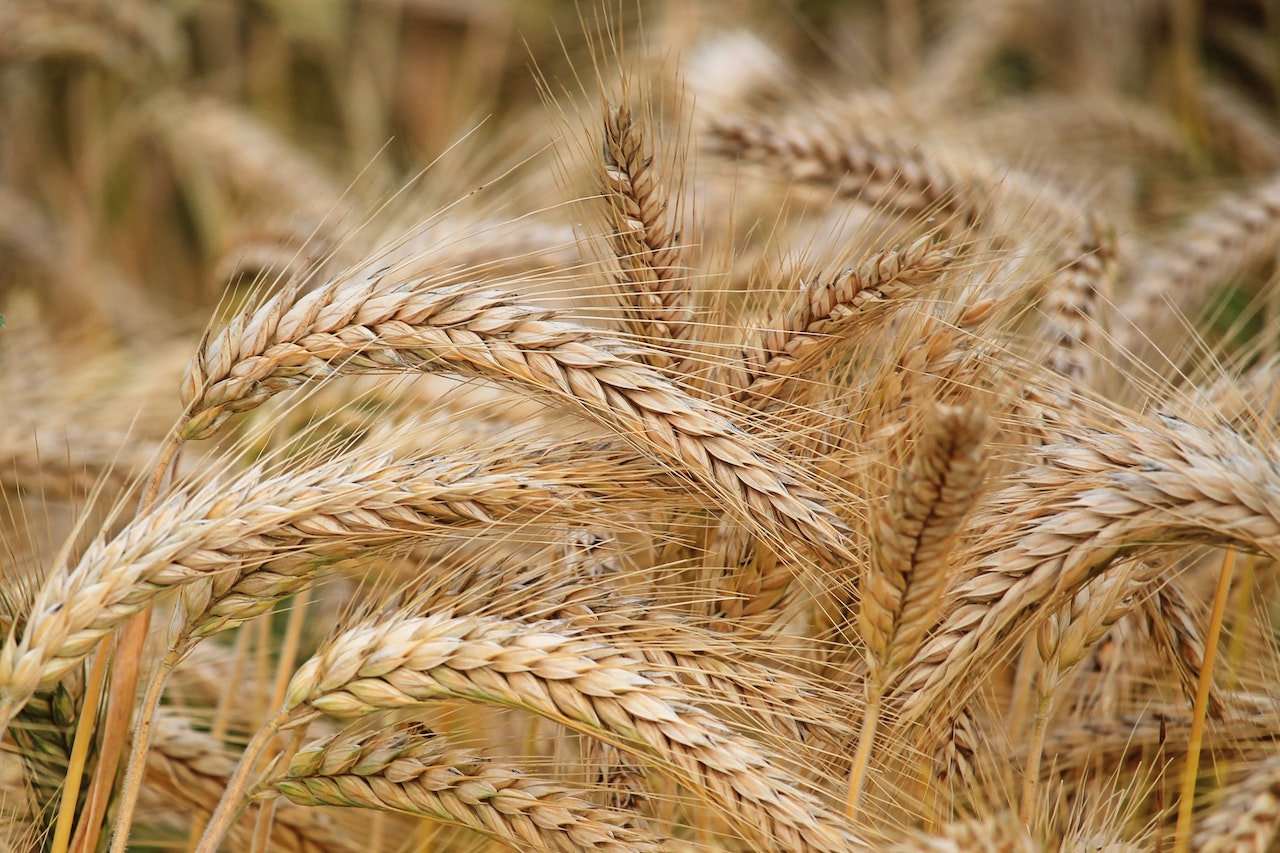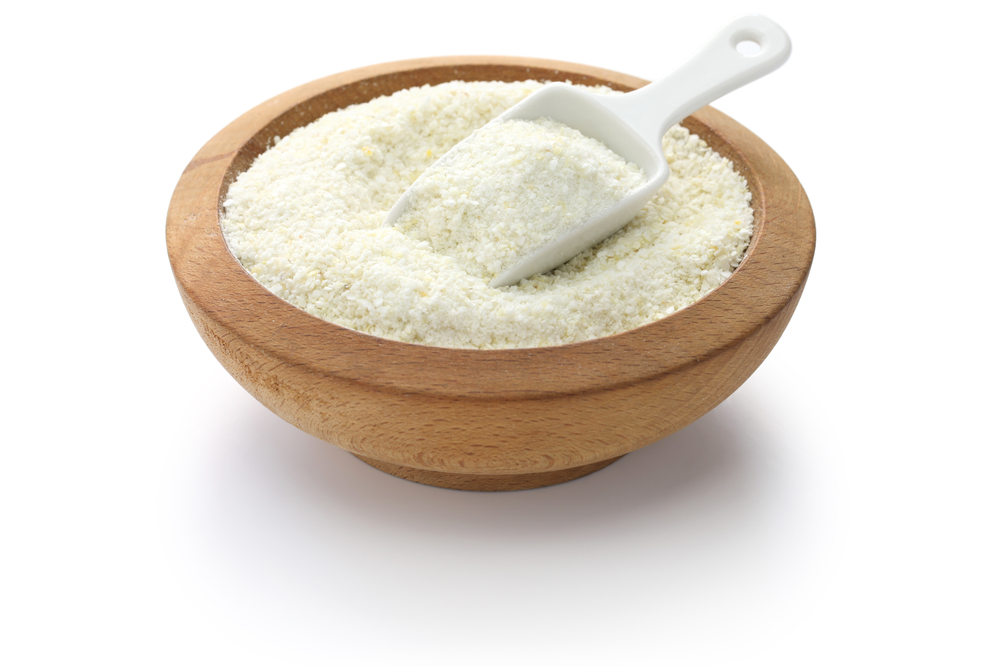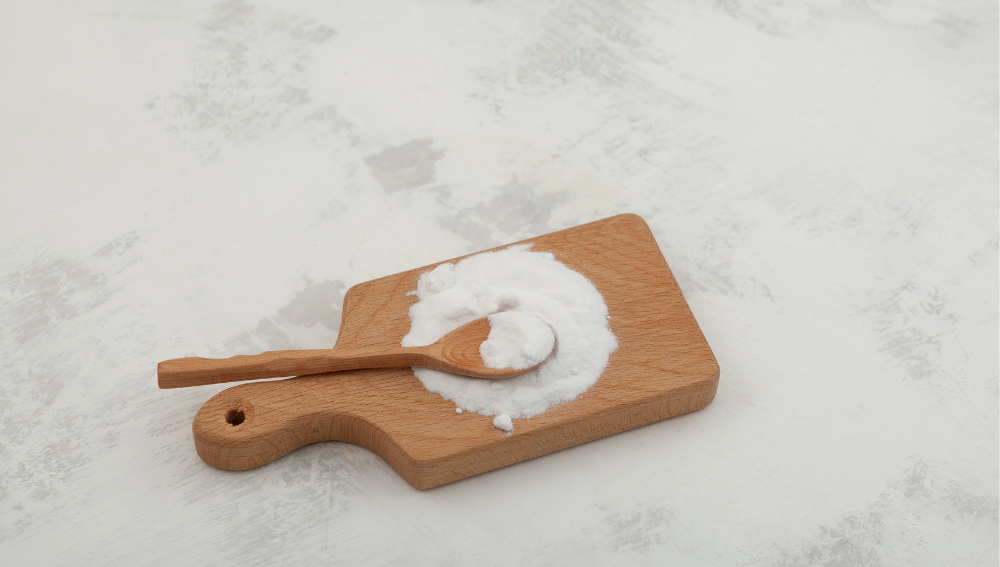As someone who enjoys baking, I understand the importance of finding the right flour for each recipe. Spelt flour is a popular choice for many home bakers due to its nutty flavor and nutritional benefits.
However, it may not always be readily available or suitable for certain dietary restrictions. That’s where substitutes for spelt flour come in handy.
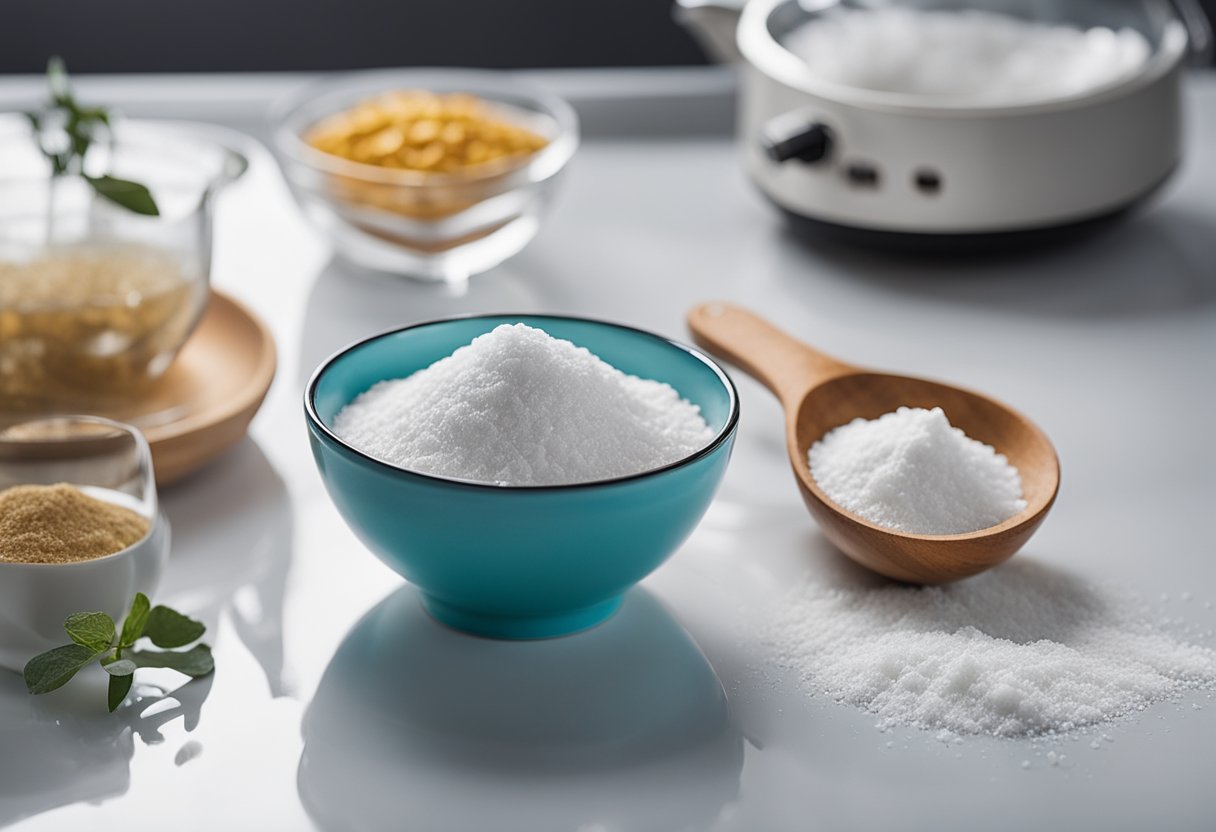
Understanding Spelt Flour Spelt flour is made from spelt, an ancient grain that is a distant cousin to wheat.
It has a slightly sweet and nutty flavor and is a good source of protein, fiber, and minerals. It also contains gluten, making it a suitable flour for baking bread and other baked goods that require structure.
Why Substitute Spelt Flour There are various reasons why someone may need to substitute spelt flour in a recipe.
For instance, they may have a gluten intolerance or allergy, or they may not have access to spelt flour in their area. Luckily, there are many substitutes for spelt flour that can be used in its place without compromising the quality of the recipe.
Key Takeaways
- Spelt flour is a popular choice for home bakers due to its nutty flavor and nutritional benefits.
- Substitutes for spelt flour come in handy when spelt flour is not readily available or suitable for certain dietary restrictions.
- There are many substitutes for spelt flour that can be used in its place without compromising the quality of the recipe.
Understanding Spelt Flour
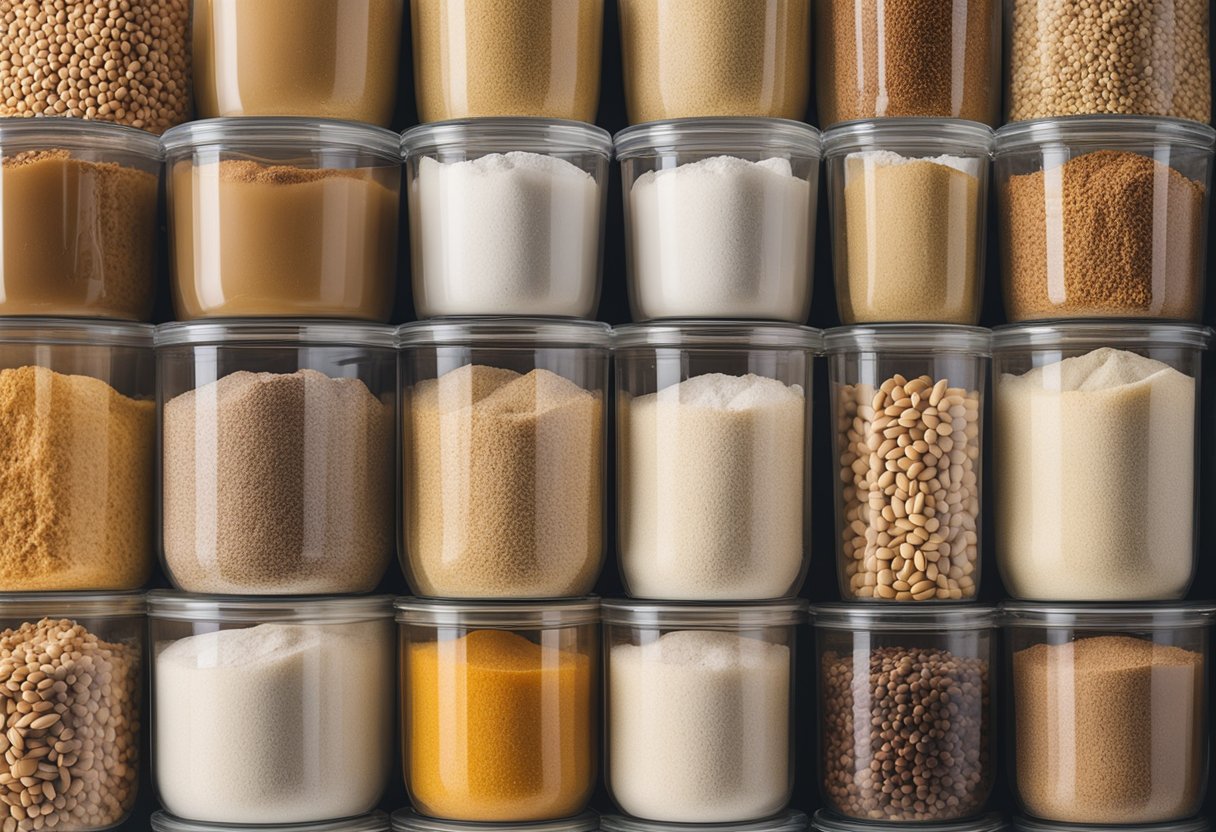
Spelt flour is a type of flour that is derived from spelt, an ancient grain that is closely related to wheat.
This grain has been cultivated for thousands of years and is known for its nutty flavor and high fiber and protein content.
Spelt flour is a popular choice for those who are looking for a healthier alternative to wheat flour.
One of the main benefits of spelt flour is its high fiber content. Fiber is an essential nutrient that helps to regulate digestion and can also help to lower cholesterol levels.
Spelt flour is also high in protein, which is important for building and repairing muscle tissue. In fact, spelt flour contains similar protein content to wheat flour.
In addition to fiber and protein, spelt flour is also rich in essential minerals such as iron, zinc, and selenium. These minerals are important for maintaining good health and can help to prevent a range of diseases and conditions.
Spelt flour is also a good source of B vitamins, which are essential nutrients that play a key role in many bodily functions.
B vitamins are important for maintaining healthy skin, hair, and nails, as well as for supporting the nervous system and immune system.
Overall, spelt flour is a nutritious and flavorful alternative to wheat flour.
Its high fiber and protein content, along with its essential minerals and nutrients, make it an excellent choice for those who are looking to improve their health and well-being.
Why Substitute Spelt Flour
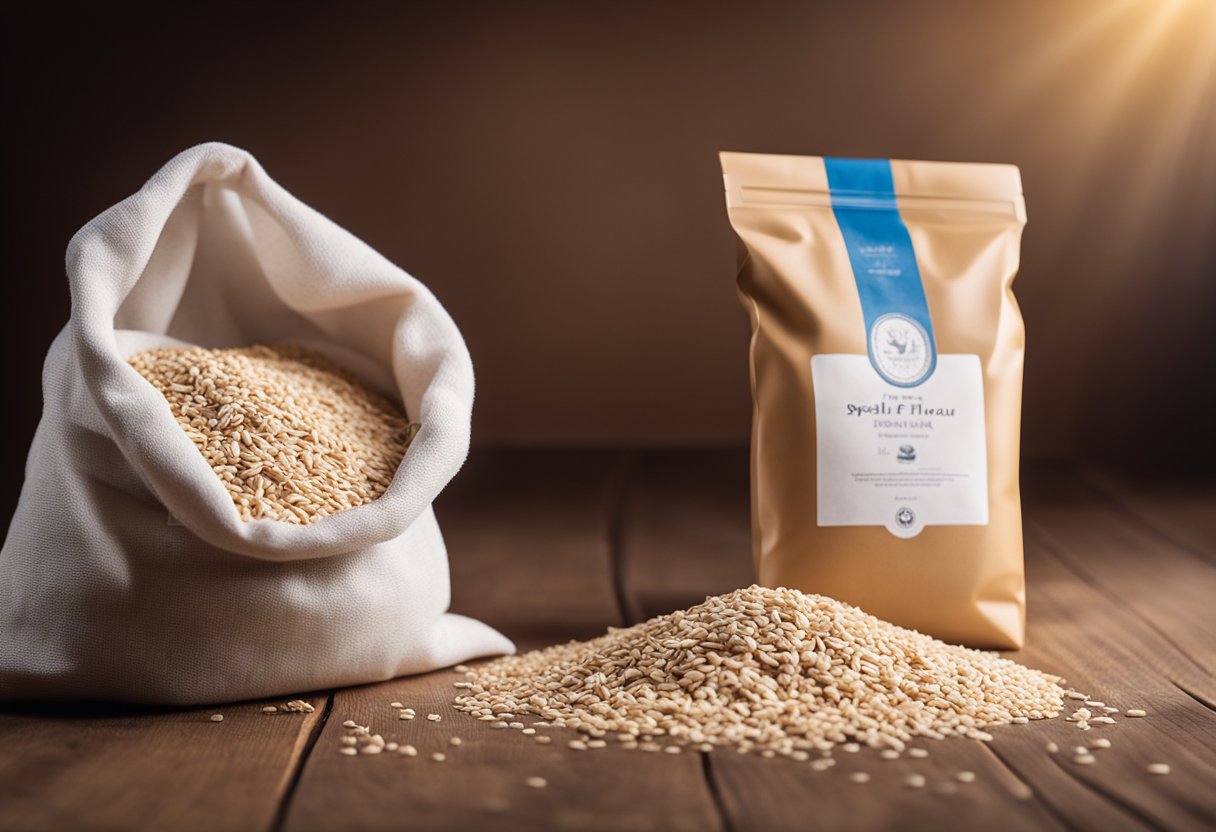
As a versatile and nutritious flour, spelt flour is a popular choice for baking and cooking.
However, there are many reasons why someone might choose to substitute spelt flour with another type of flour.
One of the most common reasons is gluten sensitivity or celiac disease. Spelt flour contains gluten, which can cause digestive issues for those with gluten sensitivities or celiac disease.
In these cases, a gluten-free spelt flour substitute may be a better option.
Another reason to substitute spelt flour is for dietary needs or preferences. Some people may be following a gluten-free diet or looking to lower their gluten intake, and therefore need to find a suitable alternative flour.
Additionally, some people may simply prefer the taste or texture of other flours, or may not have access to spelt flour in their local grocery store.
When choosing a substitute for spelt flour, it’s important to consider the nutritional profile of the flour as well as its functional properties.
Some of the best substitutes for spelt flour include einkorn flour, emmer flour, kamut flour, barley flour, amaranth flour, rice flour, oat flour, quinoa flour, buckwheat flour, and whole-wheat flour.
Experimenting with different flours can be a fun and rewarding way to explore new flavors and textures in your baking and cooking.
Just be sure to choose a flour that is appropriate for your dietary needs and preferences.
Substitutes for Baking
When it comes to baking, finding the right flour substitute is crucial. Whether you’re making cakes, bread, muffins, cookies, or pancakes, the right flour can make all the difference in taste, texture, and moisture.
Here are some of the best substitutes for spelt flour to meet your baking needs.
Baking Cakes
For cakes, all-purpose flour is the most common substitute for spelt flour. However, if you’re looking for a more delicate texture, you can use cake flour or pastry flour.
These flours have a lower protein content than all-purpose flour, which results in a lighter, fluffier cake. You can use a 1:1 ratio when substituting spelt flour with cake flour or pastry flour.
Baking Bread
When it comes to bread, whole wheat flour is a great substitute for spelt flour. If you prefer a lighter bread, you can use white spelt flour or whole-wheat flour.
Bread flour is another option, as it has a higher gluten content than all-purpose flour, resulting in a chewier texture.
You can use a 1:1 ratio when substituting spelt flour with whole wheat flour, white spelt flour, or whole-wheat flour. For bread flour, use a 1:1.5 ratio.
Baking Muffins and Cookies
For muffins and cookies, oat flour is a great substitute for spelt flour. It has a similar taste and texture and is also gluten-free.
Almond flour and coconut flour are other options, but they are more absorbent, so you’ll need to adjust the moisture in your recipe. Use a 1:1 ratio when substituting spelt flour with oat flour.
For almond flour and coconut flour, use a 1:2 ratio.
Baking Pancakes
For pancakes, rice flour is a great substitute for spelt flour. White rice flour has a neutral flavor and is lighter than all-purpose flour, making it perfect for pancakes. Use a 1:1 ratio when substituting spelt flour with white rice flour.
Gluten-Free Baking
If you’re looking for gluten-free substitutes for spelt flour, there are many alternative flours and binding agents you can use.
Some of the best options include almond flour, coconut flour, oat flour, and rice flour. You can also use binding agents like xanthan gum or psyllium husk powder to help your baked goods stick together.
Use a 1:1 ratio when substituting spelt flour with these alternative flours.
Baking with Ancient Grains
If you’re looking to bake with ancient grains, there are several options you can use as substitutes for spelt flour.
Einkorn flour, kamut flour, and emmer flour are all ancient wheat varieties that have a similar taste and texture to spelt flour. Use a 1:1 ratio when substituting spelt flour with these ancient grains.
Baking with Nutritious Flours
If you’re looking for nutritious substitutes for spelt flour, there are several options available. Amaranth flour, buckwheat flour, and quinoa flour are all gluten-free and have health benefits like being high in protein and fiber.
Brown rice flour is another option that is rich in nutrients. Use a 1:1 ratio when substituting spelt flour with these nutritious flours.
Baking with Budget-Friendly Flours
If you’re on a budget, there are several flour substitutes that won’t break the bank. Whole-wheat flour and all-purpose flour are both budget-friendly options that can be used as substitutes for spelt flour.
Use a 1:1 ratio when substituting spelt flour with these flours.
Baking with Specialty Diets
If you’re on a specialty diet like keto or paleo, there are several flour substitutes you can use. Almond flour, coconut flour, and sorghum flour are all keto-friendly and can be used as substitutes for spelt flour.
For paleo diets, almond flour and coconut flour are the best options. Use a 1:1 ratio when substituting spelt flour with these specialty diet flours.
Other Uses of Spelt Flour Substitutes
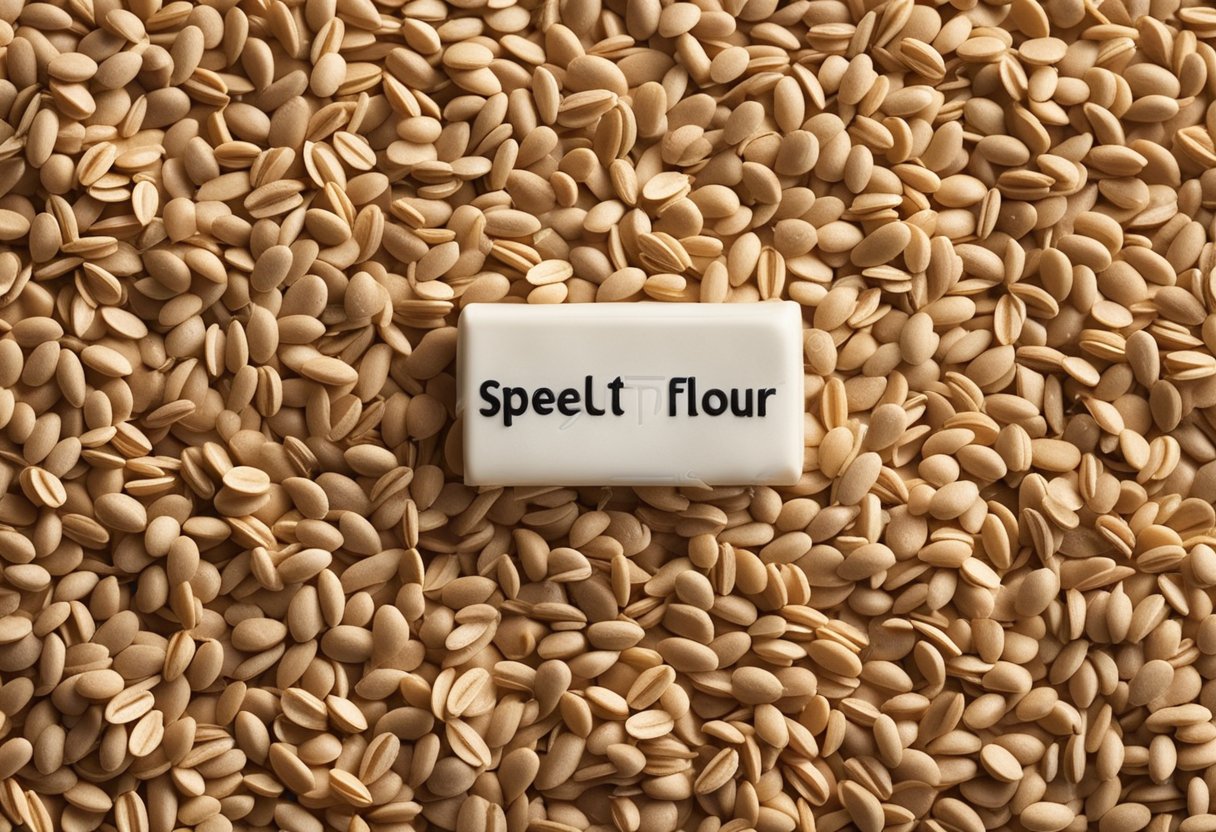
As we have seen, there are numerous substitutes for spelt flour that can be used in cooking and baking. However, these substitutes can also be used for other purposes besides cooking. Here are some examples:
- Pasta: Spelt flour substitutes can be used to make pasta. Einkorn flour, Emmer flour, and Kamut flour are great options for making homemade pasta. These flours have a nutty flavor and can be used to make a variety of pasta shapes.
- Easier to digest: Some people find spelt flour hard to digest. If you are one of them, you can try using substitutes such as Barley flour, Rice flour, and Oat flour. These flours are easier to digest and can be used in a variety of recipes.
- Lower protein: Spelt flour is known for its high protein content. If you are looking for a lower protein alternative, you can try using substitutes such as Quinoa flour, Buckwheat flour, and Whole-wheat flour. These flours have a lower protein content and can be used in a variety of recipes.
In addition to these uses, spelt flour substitutes can also be used in a variety of baked goods such as cakes, cookies, and bread. They can also be used as thickeners for soups and sauces.
When using spelt flour substitutes, it is important to keep in mind that they may have different nutritional profiles than spelt flour.
It is important to read the labels and choose the substitute that best fits your dietary needs and preferences.
Overall, spelt flour substitutes are a great option for those who are looking for alternatives to spelt flour. They can be used in a variety of recipes and can provide different flavors and textures.
Conclusion
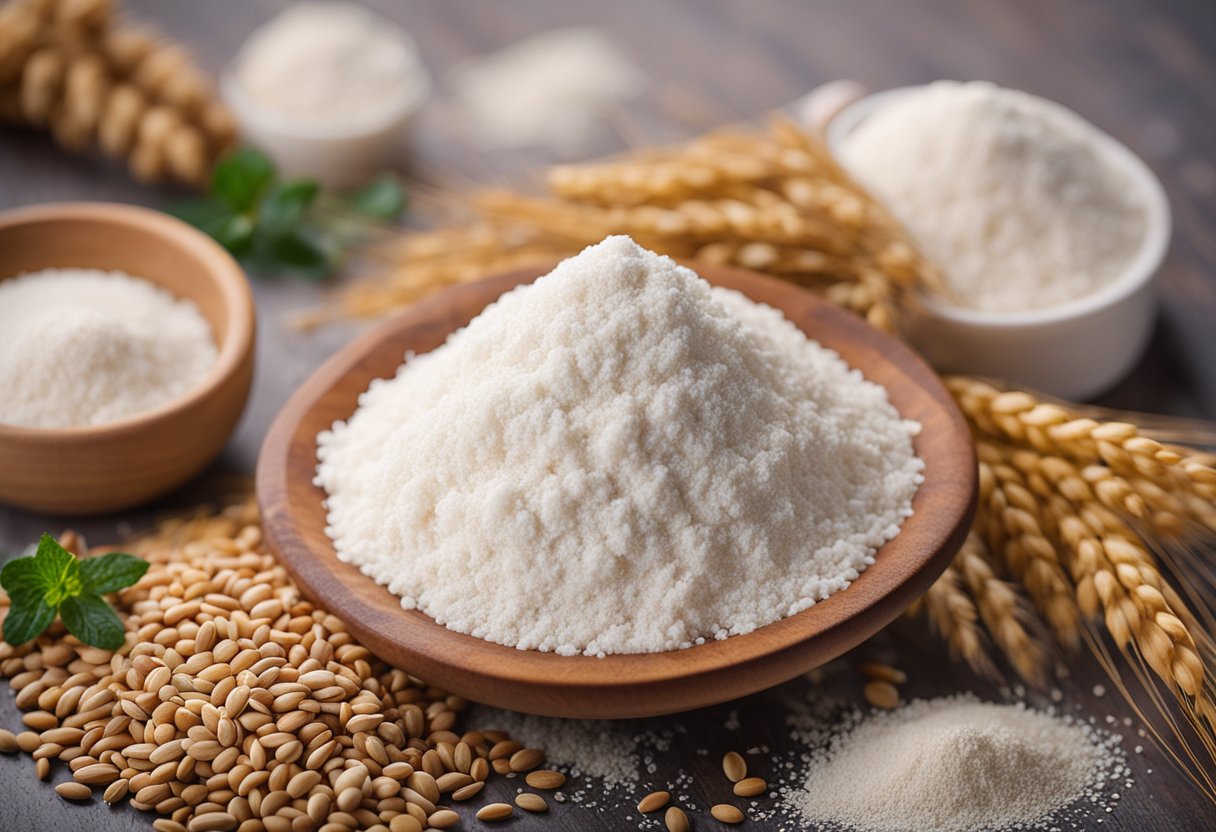
In conclusion, there are a variety of spelt flour substitutes available that can cater to different dietary needs and preferences.
When choosing a substitute, it is important to consider the nutritional value, flavor, and texture of the substitute.
Some of the best spelt flour substitutes include einkorn flour, emmer flour, and kamut flour. These ancient grains have a mild, slightly sweet flavor that is similar to spelt flour.
They are also nutritionally dense and provide a good source of protein, fiber, and minerals.
Other spelt flour substitutes include barley flour, amaranth flour, rice flour, oat flour, quinoa flour, buckwheat flour, and whole-wheat flour.
These substitutes have different nutritional profiles and flavors, so it is important to choose the one that best suits your needs.
When substituting spelt flour with another flour, it is important to adjust the liquid content of the recipe as spelt flour tends to absorb more liquid than other flours.
Start with a 1:1 ratio and adjust as necessary to achieve the desired texture and consistency.
Overall, with the right substitute, you can still enjoy the delicious taste and nutritional benefits of spelt flour without any adverse effects.
Frequently Asked Questions
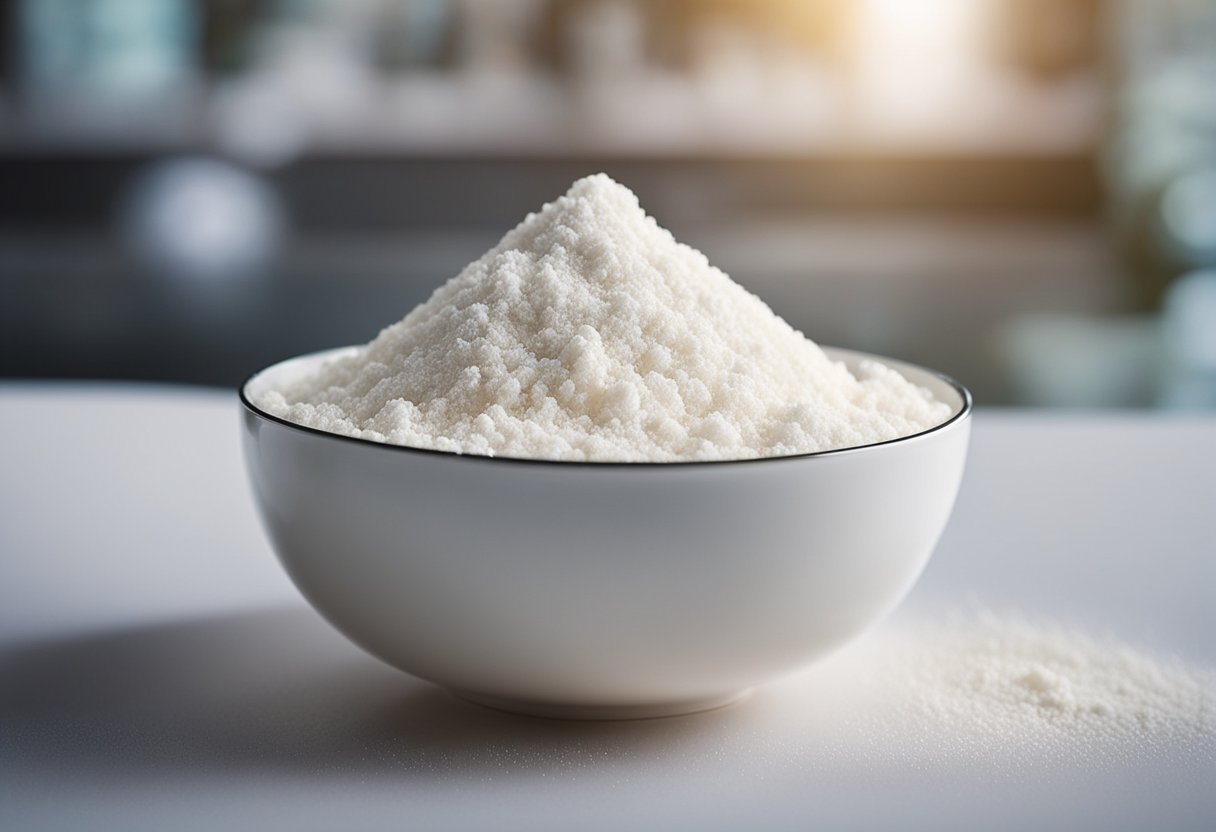
What are some substitutes for spelt flour?
There are several substitutes for spelt flour, including einkorn flour, kamut flour, amaranth flour, barley flour, rice flour, oat flour, quinoa flour, buckwheat flour, and millet flour.
Each of these flours has its unique taste and nutritional profile, so you will need to experiment to find the best substitute for your specific recipe.
How does spelt flour differ from other flours?
Spelt flour is an ancient grain that is similar to wheat flour in texture and taste.
However, spelt flour has a nuttier and slightly sweeter flavor than wheat flour. It also contains more protein, fiber, and vitamins than wheat flour.
Can I use whole wheat flour as a substitute for spelt flour?
Yes, you can use whole wheat flour as a substitute for spelt flour. However, keep in mind that whole wheat flour has a denser texture and a stronger flavor than spelt flour.
So, you may need to adjust the amount of liquid in your recipe to get the desired texture.
What is a good substitute for semolina in recipes calling for spelt flour?
If you need a substitute for semolina in recipes calling for spelt flour, you can use cornmeal or polenta.
Both of these ingredients have a similar texture and taste to semolina and can be used in a 1:1 ratio in your recipe.
Is spelt flour gluten-free?
No, spelt flour is not gluten-free. It contains gluten, which can cause digestive problems for people with gluten sensitivity or celiac disease.
Can I use almond flour as a substitute for spelt flour?
Almond flour can be used as a substitute for spelt flour in some recipes, but keep in mind that almond flour has a different texture and taste than spelt flour.
Almond flour is also denser and has a higher fat content than spelt flour, so you may need to adjust the amount of liquid and fat in your recipe.





